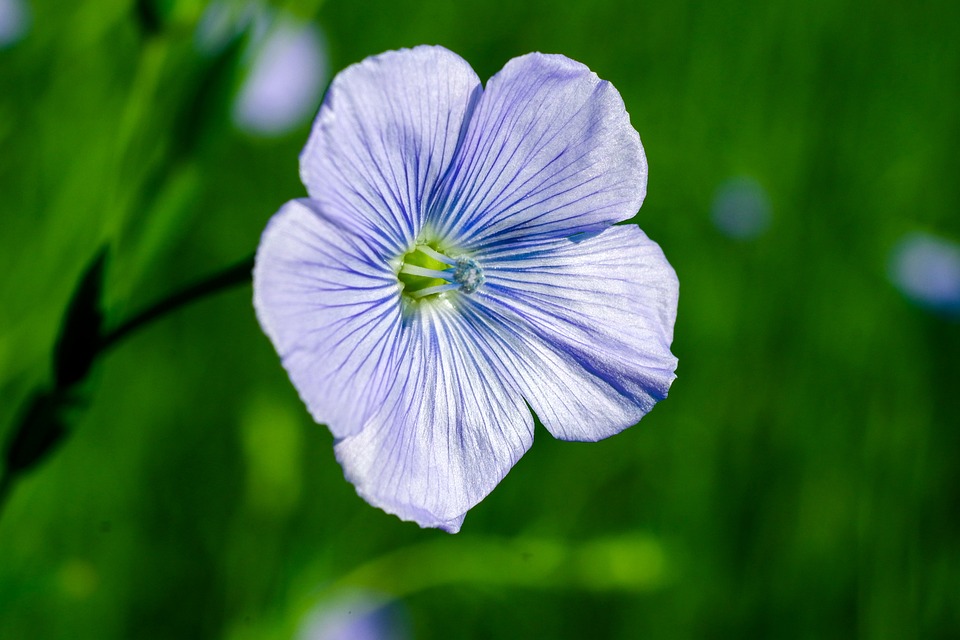In a rapidly changing world where modernization and globalization are prevalent, the significance of traditions and cultural heritage cannot be overstated. These time-honored practices and customs are not merely relics of the past; they serve as vital links to our identities, histories, and values. In this article, we will delve into the importance of preserving traditions, understanding their impact on society, and exploring ways to ensure their continuity for future generations.
Historical Context
Traditions have been an integral part of human societies since time immemorial. They have played a crucial role in shaping cultural identities, transmitting knowledge from one generation to the next, and fostering a sense of belonging and community. From religious rituals and festivals to food and clothing traditions, every culture has its unique practices that embody its rich heritage and heritage.
Throughout history, traditions have served as markers of cultural identity, helping to distinguish one group from another and fostering a sense of unity among community members. They have also provided individuals with a sense of continuity and rootedness in a rapidly changing world, offering a connection to their past and a guide for their future.
Current State
In today’s fast-paced world, many traditional practices are facing the risk of extinction. The forces of globalization, urbanization, and technological advancement have led to the erosion of cultural traditions, as people increasingly adopt modern lifestyles and forsake their heritage. This loss of traditions not only diminishes the cultural diversity of the world but also deprives individuals of the sense of identity and belonging that these practices provide.
Moreover, the rapid pace of change in society has made it challenging for traditional practices to adapt and survive. Many traditional crafts, skills, and knowledge are at risk of being lost as younger generations pursue more lucrative and modern careers. As a result, there is a pressing need to preserve and safeguard these traditions before they disappear forever.
Future Predictions
Despite the challenges facing traditional practices, there is hope for their revival and preservation. As people become more aware of the importance of cultural heritage, there is a growing movement to protect and promote traditions in various ways. Governments, non-profit organizations, and individuals are taking steps to document, revive, and promote traditional practices through education, cultural programs, and economic incentives.
In the future, we can expect to see a renewed interest in traditional crafts, skills, and knowledge as people recognize their intrinsic value and importance. By embracing and supporting traditions, societies can not only preserve their cultural heritage but also promote sustainable practices, foster community cohesion, and celebrate diversity.
Practical Applications
Preserving traditions requires a multi-faceted approach that addresses various aspects of cultural heritage. Here are some practical ways to safeguard and promote traditions:
– Documenting traditional knowledge and practices through oral histories, written records, and digital archives.
– Supporting artisans, craftsmen, and traditional practitioners through training programs, workshops, and marketing assistance.
– Encouraging intergenerational dialogue and knowledge-sharing to ensure the transmission of traditions from elders to younger generations.
– Integrating traditional practices into modern contexts through innovation, adaptation, and collaboration.
– Celebrating and promoting traditional festivals, rituals, and performances to raise awareness and appreciation for cultural heritage.
Conclusion
In conclusion, traditions play a vital role in preserving cultural heritage, fostering community cohesion, and enriching our lives with meaning and purpose. By recognizing the importance of traditions and taking proactive steps to safeguard them, we can ensure that our cultural heritage continues to thrive for generations to come. Let us embrace and celebrate our traditions, for they are the threads that connect us to our past and guide us into the future.
Thank you for reading and engaging with this exploration of the importance of traditions. For further resources and in-depth exploration of this topic, we recommend seeking out organizations, museums, and cultural institutions dedicated to preserving and promoting cultural heritage. Together, we can work towards a future where traditions are cherished, respected, and celebrated.









